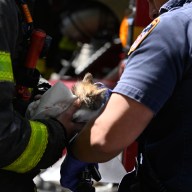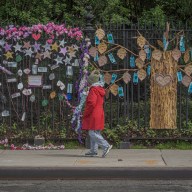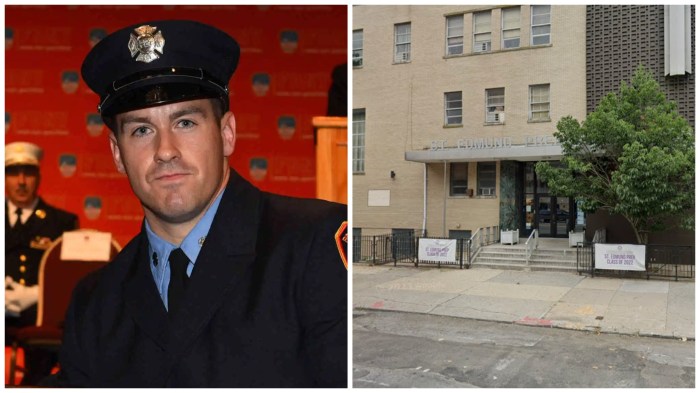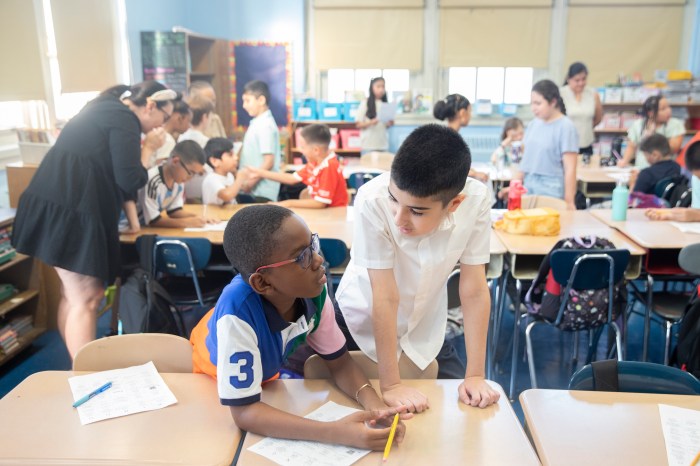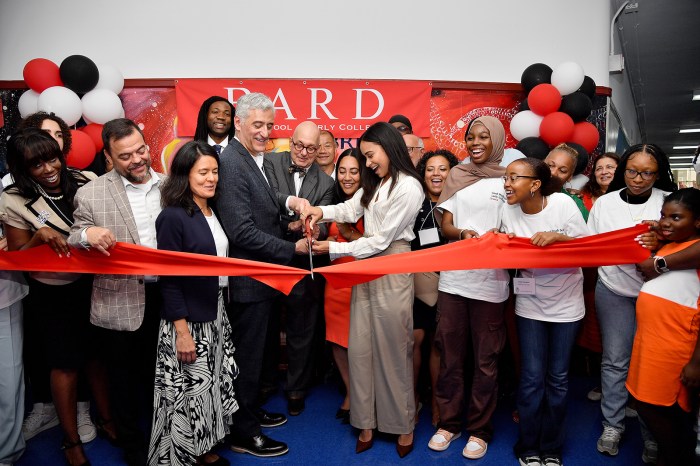My 15-year-old daughter hands down judgments easily — Walmart sucks; rules based on age are indefensible; a teenager, not her parents, can be responsible for her own safety. Some of these we argue over and over, some we agree on. Either way, I’m learning to take her opinions seriously.
When she was little, issues of right and wrong were simple and the messages clear — don’t hit, don’t hurt, don’t take what’s not yours. My standards were always right and it was easy to disregard toddler logic, which is always based on WANT.
As a grown-up, it’s easy to dismiss teenage opinions and passions as naive or simplistic, and often self-involved. It’s easy to feel certain that my experience trumps hers. This is certainly true when it comes to acquired skills like cooking, driving or the game of football, but my teenager has her own vision of fairness, formed from time at lawless playgrounds, on athletic fields refereed by fallible parents and in her social world which changes as fast as alliances at the UN.
When she says, “I should be allowed to see R-rated movies,” and “Carl Paladino is crazy and should never be governor” with equal force, I think she’s too quick and too certain with her judgments. However, they may be based on experience and ideas she hasn’t shared with me, deserving more consideration on my part.
Recently, my daughter and her synagogue youth group debated the controversy over the proposed Islamic Center near Ground Zero, wading into a complex and emotional issue. They saw injustice in the calls to squash the plans, unfairness in the call to censure those responsible, and bullying or worse in the names hurled at the Muslim group involved.
As local high schoolers, they all know kids who lost a parent or whose families were directly hurt by 9-11. Still, the youth group decided to support the Cordoba Center — a.k.a. the “Ground Zero mosque.” Simply forming an opinion wasn’t enough; they recognized a responsibility to act. One idea was to make a public statement or send representatives to a rally — such a statement by a group of Jewish youths might make more of an impact.
They ended up sponsoring an interfaith dinner with teens from area churches, synagogues and the local mosque. The other night, nearly 30 youth from at least five houses of worship got together, dined on food from Tutt Cafe in Brooklyn Heights, and talked. Conversation may have included both the serious and the mundane, but what dinner doesn’t? The goal was to get together, talk about each other’s beliefs of right and wrong, and build relationships with other kids who live around you. What could be bad?
Moral clarity may be the territory of youth. I remember blockading buildings at college — divestment and opposition to Apartheid were easy to support, well worth a trip to the police station and a few missed classes. Now in my 40s, it’s hard to feel that passionate about anything, or to get motivated to do something beyond the overloaded, daily list of life. I practice checkbook politics these days, donating so others can do the work I think I still believe in.
Instead of heaping my cynicism on my daughter, I’m taking joy in her activism, her opinions, her engagement with the world. What I may see as difficult, thorny issues, she may see as simple and straightforward, with clear moral imperatives and solutions. Whether I agree with her or not, she’s got to learn to face these situations and evaluate them on her terms. I can’t wait to see what her next dinner is about.














